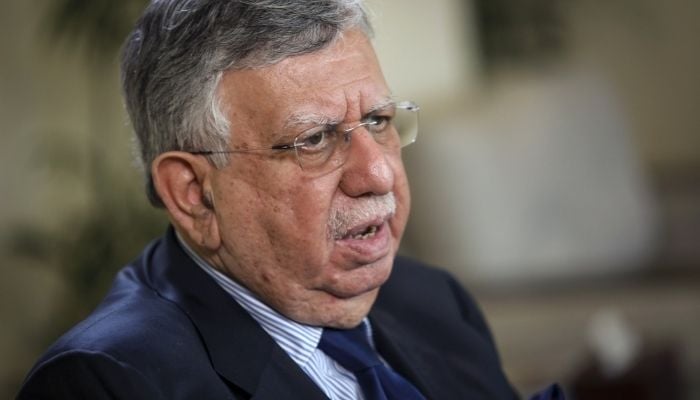
Pakistan’s Finance Minister Shaukat Tarin, who negotiated the final tranche of the country’s current IMF loan, is aiming for a budget deficit of 5% -5.25% of the gross domestic product in the fiscal year beginning July 1, down from the current 6.1%, and for a boost in economic growth to 6% from 5%, international business news agency Bloomberg reported.
In an interview in Islamabad with Bloomberg, Tarin said, “I think this program should be enough”. He added that if we start generating 5%-6% balanced growth, which means sustainable growth, then he didn’t think they need another IMF program.
The promise to an IMF-free future comes as the lender agreed this week to restart a $6 billion loan program that had been halted since 2019 due to Pakistan’s failure to meet loan requirements, it reported.
Tarin told the business news agency that Prime Minister Imran Khan has been a vociferous critic of IMF bailouts, stating that the begging bowl needed to be broken” if Pakistan is to earn international respect. On its approach to becoming self-sufficient in terms of IMF assistance, the country also favors bilateral loans or commercial borrowings that do not entail austerity requirements.
Tarin also stated in the interview that he intends to issue $1 billion in March through an ESG-compliant Eurobond, which would follow a similar amount of Sukuk last week.
According to the report, Tarin said that the first step towards halting Pakistan’s boom-bust cycle is to improve exports. The central bank provided low-interest loans to manufacturers, and energy tariffs were brought in accordance with regional standards. Textile shipments — which account for more than half of total exports — are expected to increase 40% this year to a record $21 billion and further to $26 billion next year, according to PM Khan’s trade adviser.






